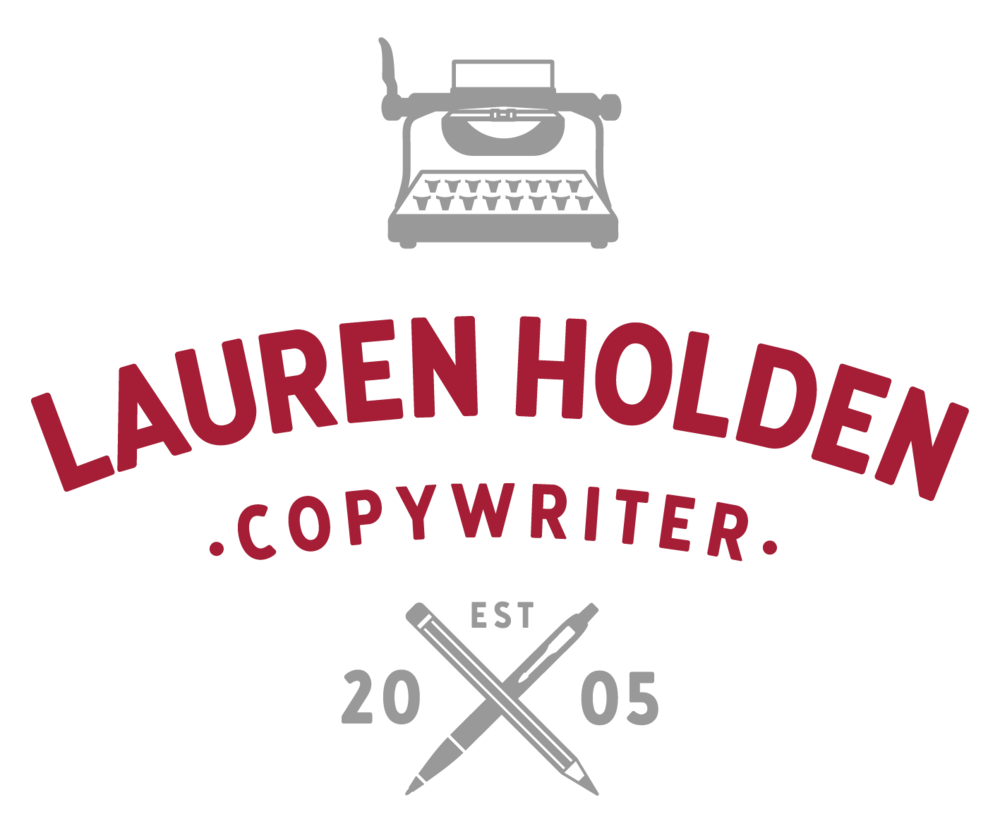Let’s face it…January can be a bit bleak, can’t it? Our finances may have taken a post-Christmas hit, the weather’s still a bit cold and blustery, and there doesn’t seem to be a whole lot to look forward to other than waiting for Mr Sunshine to rear its cheery head again.
So, while I had grand plans to introduce this new ‘Good News Guide’ series on my blog as far back as spring last year (yes, really), I’m only getting round to it now. Better late than never, eh?
What is Good News Guide?
The clue’s in the name, really. It’s a series reserved for sharing only good things: positive news, fun stories and useful titbits that you can all use to make your January - and the rest of your year, to be fair - better. We could all do with some positivity in our lives from time to time - particularly during the last couple of years.
I’m open to receiving submissions from anyone who wants to share something good, too; just pitch your idea via email here.
Without further ado, then, let’s kick off Good News Guide with some book recommendations from Tanya at Settle-based Limestone Books.
Throughout the pandemic specifically, Tanya has been keeping the good people of England in great books - and giving a certain online, next-day delivery books website a run for its money.
I always like to hear about independent businesses doing their bit to put a smile on people’s faces - and I guessed that, since many of you may have set yourself a reading challenge or two for 2022, this first Good News Guide post is perfectly timed.
Here, Tanya shares her top five novels to make you happy this month and beyond…
Leonard and Hungry Paul
This book focuses on two friends who have a beautiful, quiet, and contemplative relationship. The conversations they have with each other and the people they mix with are very thoughtful and considered, and turn out to be very philosophical. You’ll all wish you had a Leonard or Hungry Paul in your life.
Where the Crawdads Sing
Although the lead character has a hard life, in a very poor area of the USA, you’ll feel uplifted by her ability to raise herself up to create a really special life for herself. It will make you believe that anything is possible, and to question what is justice.
A Prayer for Owen Meany
A hugely enjoyable book - just because you’ll love the character of Owen Meany so much. You’ll be totally engrossed in his story and life, and despite the difficulties he faces, you’ll still want to read right through to the end. It’ll make you forget your life and the world around you.
Tales of the City
Take a trip to 1970s San Francisco and get caught up in these characters’ lives. You’ll meet spaced out neighbours, go to outrageous parties, and watch as 25-year-old Mary Ann carves out a brand new life for herself, a million miles away from home.
Adrian Mole – The Cappuccino Years
Laugh out loud funny, Adrian has become a semi-celebrity chef, famous for making low-grade food fashionable. His parents have separated and are now having affairs with Pandora’s parents! Meanwhile, Adrian discovers a child he never knew he had as a result of a fling. Silly and farcical in equal measure.
Will you be adding any of these books to your reading list? A huge thank-you, once again, to Tanya for sharing these recommendations - and don’t forget to check out the Limestore Books’ site.
Until next time…
Psst: enjoy this first instalment of Good News Guide? Let me know via email or on Facebook. Plus, stay tuned for the next post in the series - coming soon!


















